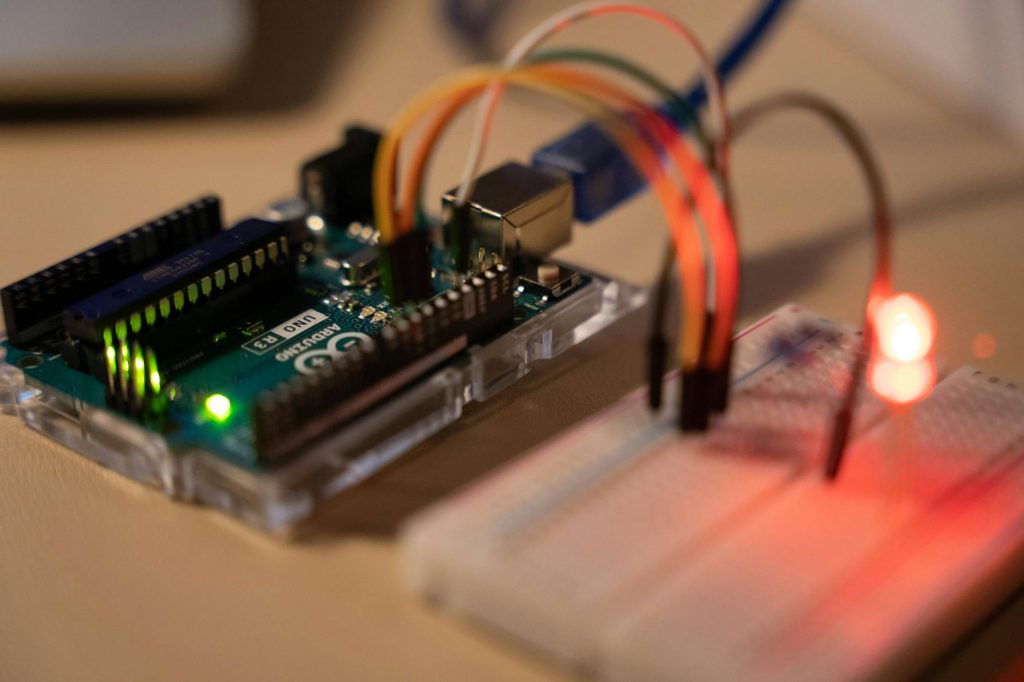Let’s be blunt: AI isn’t just some futuristic fantasy anymore. It’s elbowing its way into the nitty-gritty of global politics, and not always in ways that are immediately obvious. Think of it as the ghost in the machine, whispering suggestions into the ears of power brokers, subtly shaping the narrative, and influencing the very fabric of international relations. And, let’s face it, some of these whispers are downright unsettling.
The Algorithmic Puppet Master
One of the most insidious ways AI is reshaping global politics is through its manipulation of information. We’re not just talking about the obvious stuff – like targeted advertising or bot armies pushing agendas on social media. It’s much more nuanced than that. AI is increasingly being used to analyze vast datasets of social media posts, news articles, and even satellite imagery to predict public opinion, identify potential threats, and craft propaganda campaigns with laser precision. Imagine this: an AI can pinpoint exactly which demographic is most susceptible to a specific message, tailoring its persuasive power to achieve maximum impact. Sounds eerily effective, doesn’t it? It’s like a hyper-efficient political strategist with an insatiable appetite for data, and the only limit to its reach is the imagination of its handlers. And that, my friends, is a scary thought. Think about that the next time you’re doomscrolling – you might be unknowingly participating in a vast, AI-orchestrated experiment in shaping public perception.
Data-Driven Decisions: The Rise of the Algorithmic Advisor
AI isn’t just influencing public opinion; it’s directly influencing decision-making processes within governments. From analyzing crime trends to predicting economic shifts, AI algorithms are becoming indispensable tools for policymakers. While this offers the potential for improved efficiency and evidence-based governance, it also introduces a new set of challenges. For one, the algorithms themselves can be biased, perpetuating existing inequalities or even creating new ones. And the very opacity of these algorithms can make it difficult to understand how decisions are being made, leading to a lack of transparency and public trust. We need to start asking some serious questions about how much influence we’re willing to give to these black boxes, which might be as opaque as a really, really dark roast coffee. Speaking of, you’ve gotta try our sarcastic coffee mugs; they’re perfect for contemplating the existential dread of AI-driven politics.
The Unintended Consequences
The rise of AI in politics isn’t without its unintended consequences. We’re seeing an increase in the spread of misinformation and deepfakes, making it harder than ever to discern truth from fiction. This can lead to political instability, eroded public trust, and even violence. The line between reality and simulation is blurring, and that’s a dangerous game to play, politically speaking. One area of particular concern is the use of AI in surveillance and monitoring, which raises significant ethical questions about privacy and freedom. The potential for abuse is immense. Think of it as an invisible hand guiding and manipulating global events. The chilling part? We may not even be aware of it.
Navigating the AI-Infused Political Landscape
So, what can we do? Ignoring the issue isn’t an option. We need to develop robust regulations to ensure transparency and accountability in the use of AI in politics. This includes promoting the development of explainable AI algorithms, so we can actually understand how these systems are making decisions. We also need to invest in media literacy programs to help citizens become more critical consumers of information, so they can effectively combat the spread of misinformation. And, honestly, a healthy dose of skepticism never hurts. The world is getting more and more complex, and it’s easy to get lost in the noise. Keep your eyes peeled, and question everything – especially when the source is an algorithm.
The implications are vast and far-reaching. From election interference to the shaping of international relations, the influence of AI on global politics is undeniable. As we navigate this increasingly complex landscape, it’s crucial to remain vigilant, informed, and critically engaged. The future of democracy may well depend on it. For more on this, you could check out this insightful report from Brookings Institution and this research from Carnegie Endowment for International Peace. This isn’t some far-off, dystopian future; this is happening right now.


